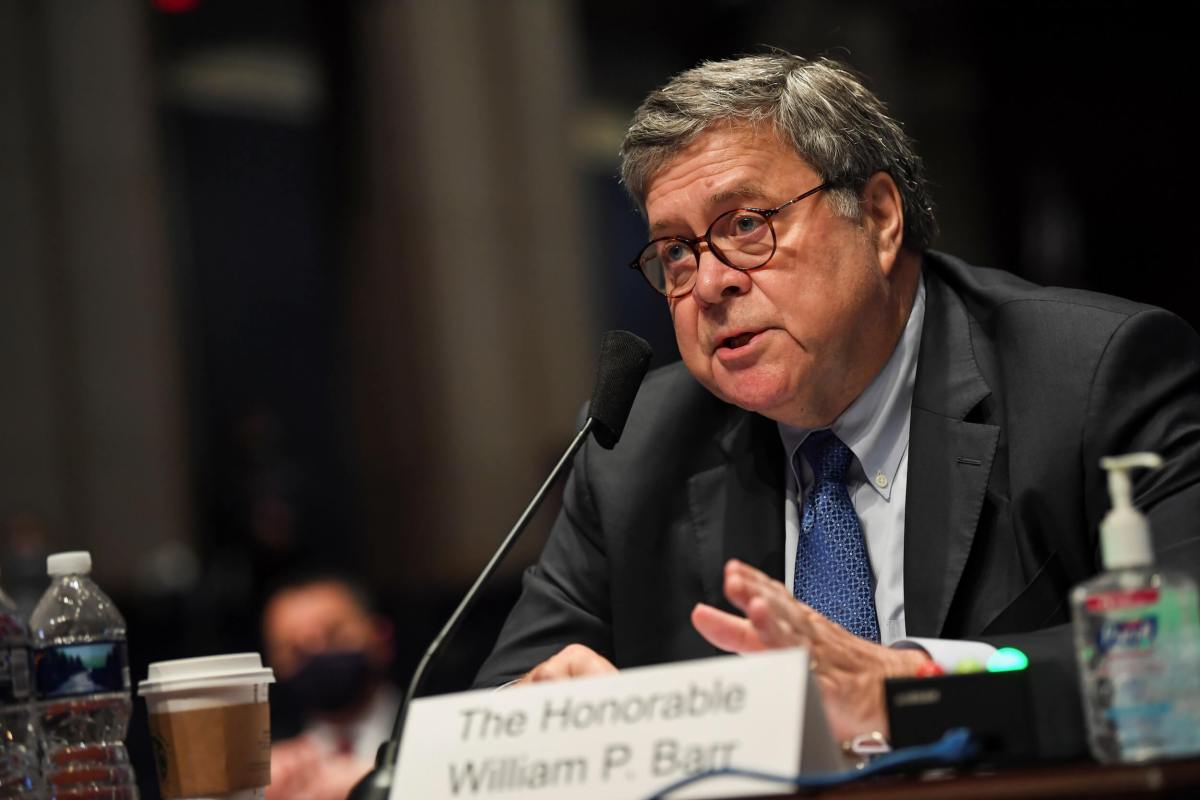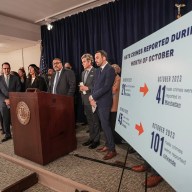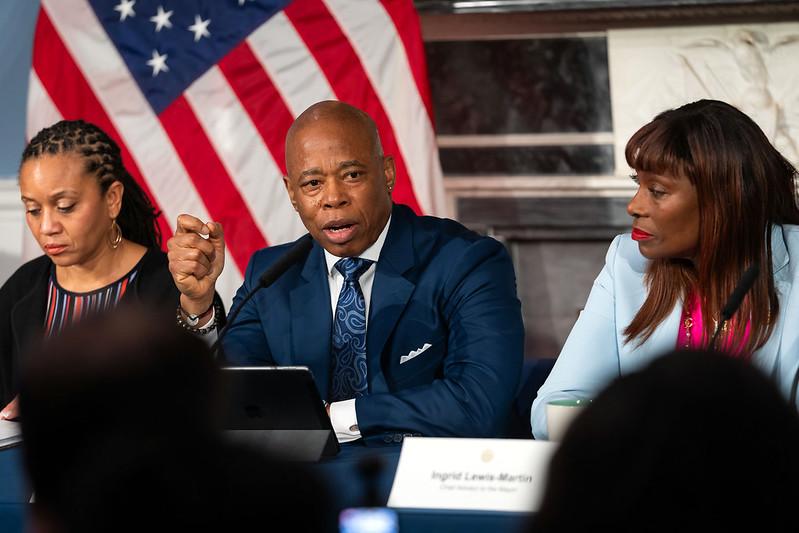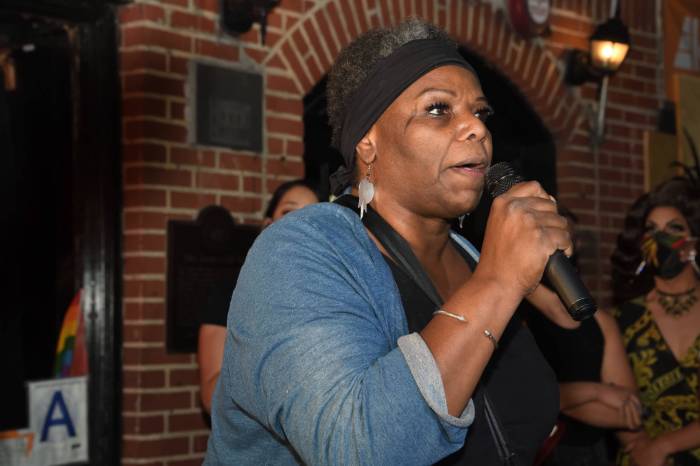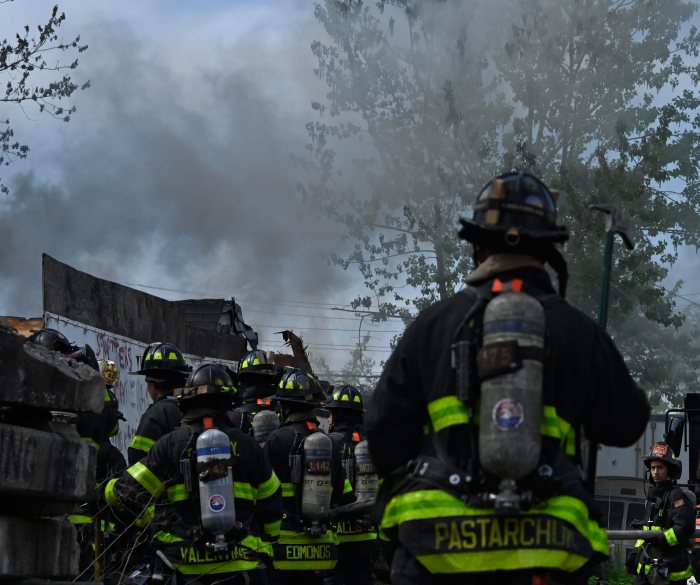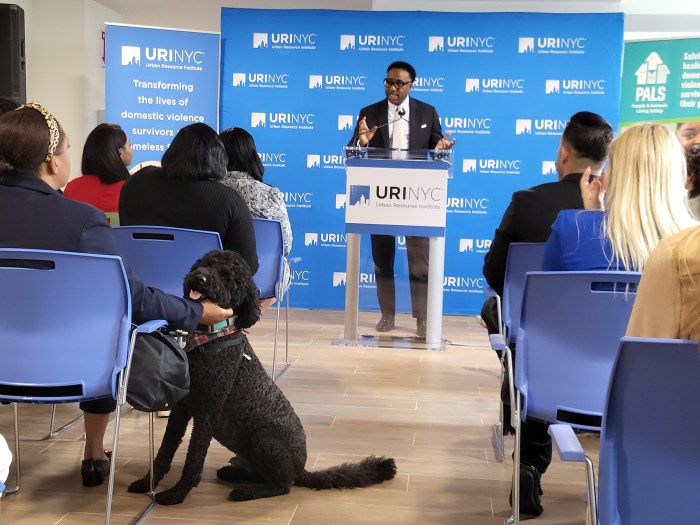More than seven weeks after the United States Supreme Court ruled that the sex discrimination provisions in Title VII of the 1964 Civil Rights Act prohibited employment discrimination based on sexual orientation or gender identity, Attorney General William Barr’s Department of Justice has offered no comment on how the Trump administration will carry out the historic decision.
The DOJ typically responds to a high court ruling of this type by offering other Executive Branch agencies guidance on how to adjust their policies to fall in line with its requirements. The department’s silence was first noted in an August 5 story that USA Today published in tandem with The 19th, a nonprofit news organization focused on gender, policy, and politics.
During the three and a half years that Donald Trump has been president, his administration and the DOJ in particular have weighed in on the question that the Supreme Court has now settled on numerous occasions — always coming out on the other side.
Busy man that he is, AG William Barr hasn’t gotten around to anti-LGBTQ employment discrimination
In February 2017, on his second day as attorney general, Jeff Sessions notified the Fifth Circuit Court of Appeals that the US government was no longer interested in pursuing a scheduled hearing to challenge a federal district court’s nationwide injunction on a Department of Education (DOE) guidance requiring public schools to allow trans students access to bathrooms consistent with their gender identity.
Days later, the DOE and the DOJ, in a joint Dear Colleague letter brokered by Sessions and Education Secretary Betsy DeVos, informed public school districts around the nation that they were withdrawing the equal access guidance that the Obama administration had earlier circulated.
The Dear Colleague letter challenged the legitimacy of the Obama guidance by noting that “a federal district court in Texas held that the term ‘sex’ unambiguously refers to biological sex,” a conclusion contradicted by the June Supreme Court Title VII ruling in Bostock v. Clayton, which consolidated three cases — two involving anti-gay discrimination and the third involving anti-transgender discrimination.
Since the Dear Colleague letter, the DOE has stepped into numerous cases to challenge the rights of transgender students, both in access to bathrooms and locker rooms and in participating in school sports.
Later in 2017, Sessions tackled the Title VII employment question head on, issuing a memo stating that the DOJ would no longer follow a policy announced by former Attorney General Eric Holder in 2014 that the department would view discrimination based on gender identity as inherently sex discrimination. The Supreme Court in June adopted the Holder view, and applied it to the question of sexual orientation bias as well.
The DOJ under Trump opposed the discrimination claims in all three of the cases decided by the Bostock ruling.
Given the consistent position taken by the DOJ and other federal agencies, its silence now that its view has been rejected can only create confusion among federal agencies, among businesses, schools, and other institutions, and among victims of discrimination who may not be aware of the federal rights they enjoy.
In a July 16 letter to Barr, a group of 14 legal and other advocacy groups, including the Human Rights Campaign, Lambda Legal, the American Civil Liberties Union, the National Center for Lesbian Rights, the National Center for Transgender Equality, and the Transgender Law Center, noted that the DOJ “has historically undertaken” the job of coordinating the implementation of rulings like Bostock.
“It is imperative that the Department accept this responsibility and ensure that enforcement of this decision, as to the definition of sex discrimination through federal civil rights laws and regulations, is uniform across the federal government,” the letter read. “Departmental inaction or the issuance of contradictory guidance regarding the Supreme Court’s interpretation of the scope of federal protections against sex discrimination would undoubtedly result in needless confusion, and both public and private liability.”
The 14 groups specifically argued that the high court’s determination of what constitutes sex discrimination “applies with equal force to other statutory prohibitions of sex discrimination,” pointing out that federal courts have routinely looked to Title VII when weighing questions regarding other civil rights laws, such as Title IX, the 1972 statute at issue regarding the rights of transgender students.
Three weeks have passed since the letter went to Barr, yet the DOJ declined to respond to either USA Today/ The 19th or to Gay City News.
When USA Today/ The 19th contacted the Department of Labor (DOL), which distributes signage regarding federal nondiscrimination regulations that employers are required to post, a spokesperson, Edwin Nieves, replied with what was described as “confusion,” writing, “Bostock v. Clayton County was a Supreme Court ruling which is DOJ.”
When Gay City News contacted Nieves and pointed to the DOL’s role in requiring employers nationwide to inform their workers of their rights, Nieves responded, “Let me reach out to the corresponding agency.” Nobody from the department followed up as of deadline time.
Of the agencies contacted by USA Today/ The 19th, only the Equal Employment Opportunity Commission (EEOC), the federal unit tasked with overseeing Title VII compliance, had moved on spelling out the requirements of the Bostock decision in a brief online posting. The EEOC told USA Today/ The 19th that it was still updating its brochure “Preventing Employment Discrimination Against Lesbian, Gay, Bisexual or Transgender Workers.” Presumably, review by attorneys at the DOJ would be part of that updating process.
Since much of the fireworks over the Trump administration’s contention that sex discrimination protections do not cover LGBTQ Americans have resulted from clashes over Title IX protections for trans students, Gay City News contacted the Education Department to ask for its view on how the Bostock ruling impacts its policies. A spokesperson for the DOE wrote back, “The Department is continuing to review the case.”
The American Civil Liberties Union, one of the groups that signed the July 16 letter to Barr, did not respond directly to the question of whether it viewed the lack of action by DOJ after more than seven weeks as “unusual.”
Instead, the group forwarded a statement from Ian Thompson, a senior legislative representative, reading, “The ACLU joined this letter to put the Justice Department on notice. Much of the Trump administration’s years-long assault on the dignity and rights of LGBTQ people was based on their view that federal law did not protect LGBTQ people from discrimination. As the Supreme Court made clear in its Bostock ruling, this view is wrong. The Trump administration has a responsibility under the law to faithfully implement the Court’s ruling, and must now undertake a thorough review of all of its many discriminatory, anti-LGBTQ actions that are in direct conflict with the law.”
To sign up for the Gay City News email newsletter, visit gaycitynews.com/newsletter.

